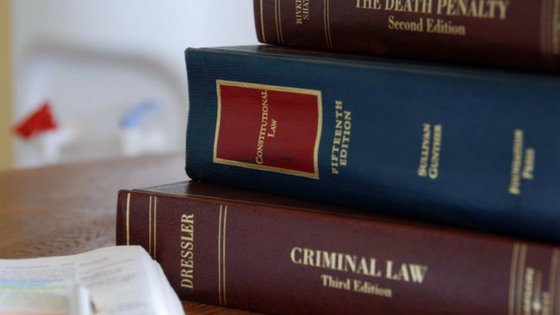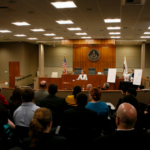The Third Circuit Court of Appeals has revived a lawsuit in which a collection law firm and a university were granted summary judgment after being accused of violating the Fair Debt Collection Practices Act by making false and deceptive statements.
A copy of the ruling in Tiene v. Law Office of Scott Watson and Drexel University can be accessed by clicking here.
The plaintiff had an unpaid debt of tuition, late fees, and administrative fees that was placed with one of the defendants. When contacted by a collection agency, the plaintiff called the university and provided updated contact information and requested a formal meeting. When the plaintiff did not show up for the meeting, the university resumed collection activity. The law firm subsequently sent two collection letters to the old address. The plaintiff did not respond to the letters and they were not returned as undeliverable. The law firm then filed a lawsuit against the plaintiff and had the complaint served to the original address, not the new address the plaintiff provided in the call with the university.
The plaintiff did not receive the notice of the suit and did not appear for his hearing, in which a default judgment was granted.
After learning of the default judgment, the plaintiff filed suit against the law firm and the university, alleging violations of the FDCPA, including false and deceptive service of the complaint and false and deceptive statements in the collection letters, among other allegations.
The defense filed for summary judgment and the plaintiff filed a motion to leave in order to amend his complaint. A District Court judge denied the motion to amend the complaint and granted the motion for summary judgment, which was appealed.
In overturning the ruling, the Appeals Court found that the District Court “erred in holding that collateral estoppel applies to prohibit his deceptive service of process claim and because the District Court did not address his latter allegation, we will remand his FDCPA claim on both of these issues.”
The original complaint alleged that four parts of the collection letter violated the FDCPA, but the District Court did not rule on all of the issues raised by the plaintiff, leading the Appeals Court to remand the case back to the District Court to address the remaining claims.









